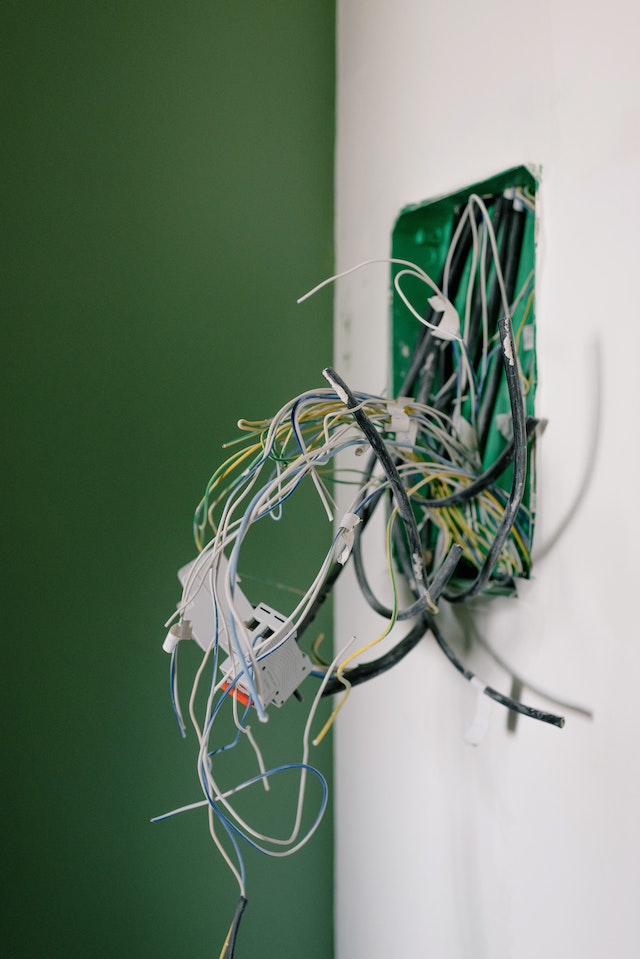When it comes to running a successful business, a reliable and efficient electrical system is often taken for granted. From powering lights and computers to running machinery and appliances, electricity is the lifeblood of modern commerce. For this reason, a well-planned and professionally executed commercial electrical installation is a critical component of any commercial enterprise. In this blog, we will explore the key considerations and best practices for commercial electrical installations.
- The Importance of Professional Installation
A commercial electrical installation is a complex task that requires the expertise of licensed electricians. It’s not something to be left to chance or attempted as a DIY project. Professional installers understand the intricacies of electrical systems, local codes and regulations, and safety protocols. Hiring a reputable electrical contractor ensures that your system is safe, up to code, and built to last.
- Planning and Design
Before any installation begins, careful planning and design are essential. This phase involves assessing your electrical needs, layout, and load requirements. A professional electrical engineer can help create a detailed blueprint that outlines the placement of outlets, lighting fixtures, circuits, and other essential components. This planning stage is critical for optimizing efficiency, minimizing future maintenance, and preventing electrical issues.
- Compliance with Local Codes and Regulations
Commercial electrical installations must adhere to a variety of local, state, and national electrical codes and regulations. These standards are in place to ensure the safety and functionality of your electrical system. Electricians and contractors should be well-versed in these requirements, as non-compliance can result in costly fines, legal issues, and, most importantly, safety hazards.
- Energy Efficiency
In today’s world, energy efficiency is a growing concern for businesses. Opting for energy-efficient lighting, appliances, and wiring not only reduces your environmental footprint but also cuts down on operational costs. It’s essential to consider sustainable options during the planning phase of your electrical installation.
- Scalability
Your business may grow and evolve over time, and your electrical system should be able to adapt to these changes. When designing your installation, think about future expansion and ensure that your electrical infrastructure can support it. This foresight will save you both time and money in the long run.
- Emergency Backup Systems
Business continuity is crucial, and power outages can be a significant disruption. Consider installing emergency backup systems like uninterruptible power supplies (UPS) or generators to ensure that your operations can continue in the event of an electrical failure. These systems provide peace of mind and can be a valuable asset during unexpected power disruptions.
- Regular Maintenance and Inspections
Once your commercial electrical installation is complete, it’s essential to implement a routine maintenance and inspection schedule. This will help identify and address potential issues before they become major problems. Regular inspections can prevent costly downtime and ensure the safety of your employees and customers.
